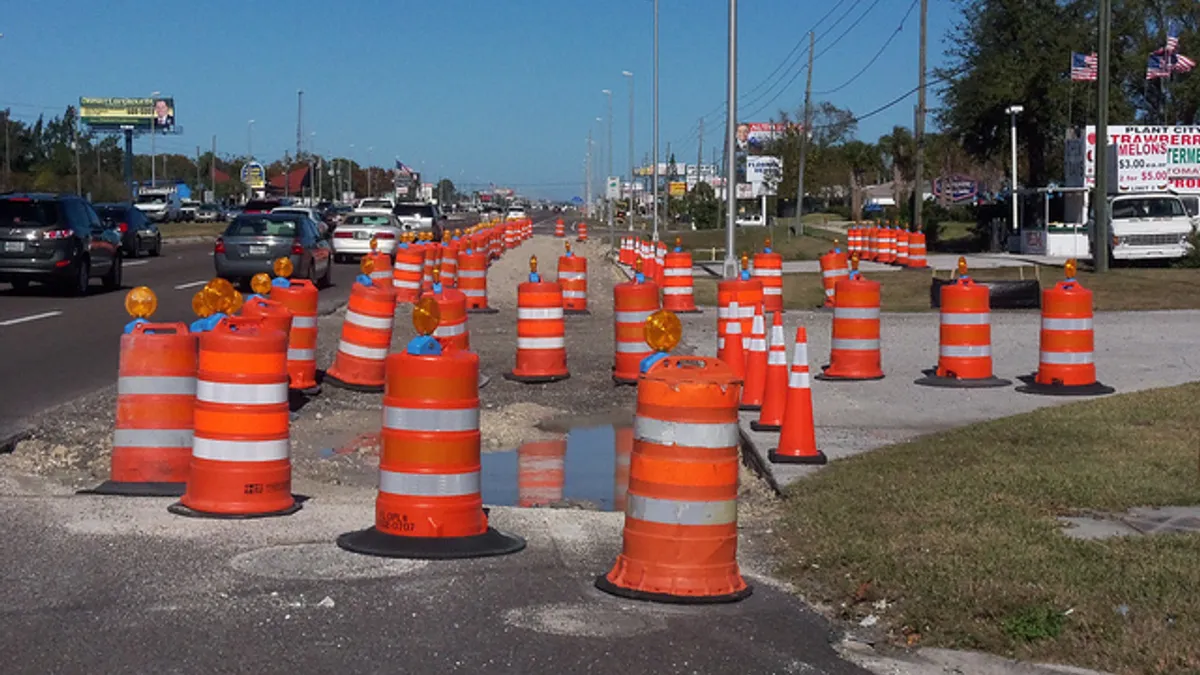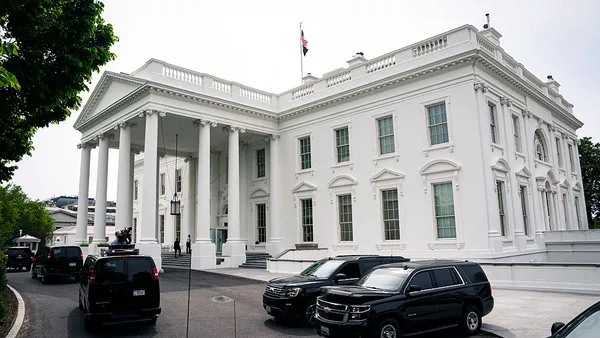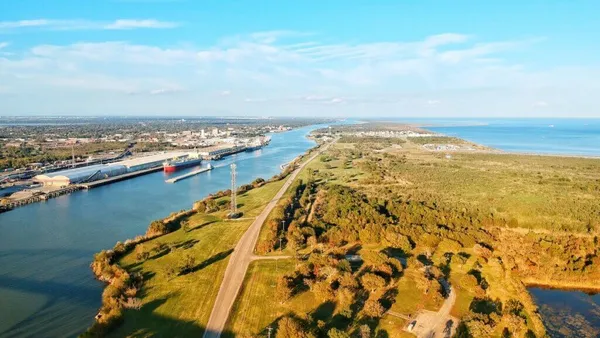Dive Brief:
- New Jersey Gov. Chris Christie's month-long shutdown of all Transportation Trust Fund road and highway projects is threatening to jeopardize the completion of critical infrastructure work in the run up to the industry's seasonal winter shutdown, The Asbury Park Press reported.
- Legislators have hinted that a resolution to the gas tax hike issue, which has created an impasse between the governor and state Assembly and Senate Democrats, may not come until November, which means that some workers and construction companies could be in store for a nine-month offseason.
- Industry players have said a prolonged shutdown could result in dangerous driving conditions as critical work has been abandoned. In addition, construction company owners said prices for labor, material and equipment will continue to rise, meaning that they might have to sue to collect the difference after work starts up again.
Dive Insight:
The crux of the argument between Christie and Democrats is not the gas tax itself but how a rise in the tax will be offset by reductions in other areas of the state budget. The Christie camp wants to lower the state sales tax rate, while Democrats came up with an alternate, $900 million basket of tax breaks and deductions, including a phasing out of the estate tax. Christie rejected that proposal on the grounds that it did not cut taxes enough.
Christie's shutdown order put the brakes on approximately $3.5 billion of work, and, according to the Utility and Transportation Contractors Association, the cost of demobilization and remobilization could add an additional $24 million to that price tag.
State transportation departments are increasingly trying to find new sources of funding for their road and bridge projects and, like New Jersey, can come to an impasse with state lawmakers. Illinois almost found itself in the same situation as construction crews and commuters in the Garden State when lawmakers could not agree on the portion of the state budget that included an $11 billion infrastructure repair program. Legislators managed to pass a last-minute stopgap bill and avoided a shutdown of all transportation projects.
However, in May, Minnesota lawmakers, short one vote, shot down a $1.8 billion bonding bill, which would have funded more than 300 state infrastructure and other public building projects. In the run up to the vote, both House and Senate Republicans complained that the bill was too large, surpassing even the proposed $1.4 billion spending proposal from Gov. Mark Dayton.













